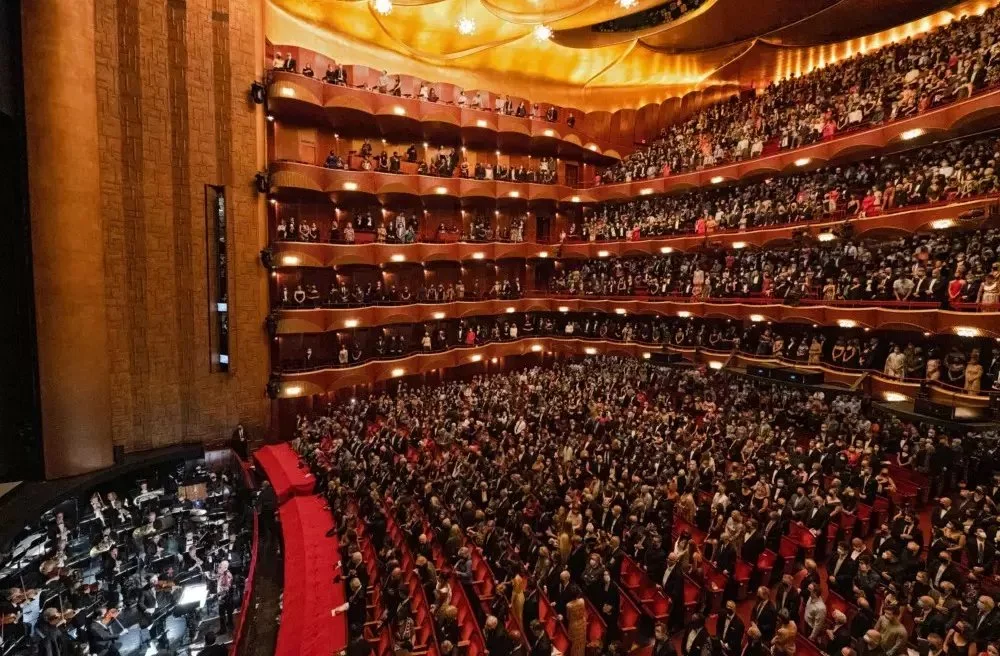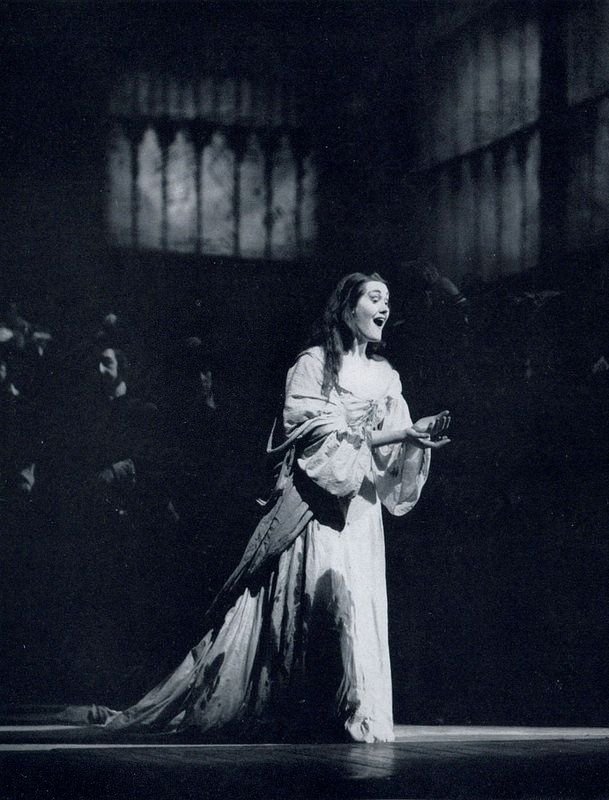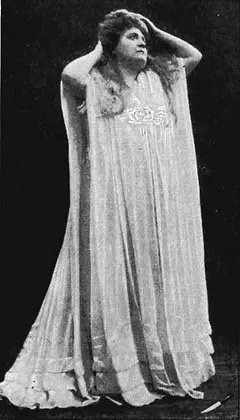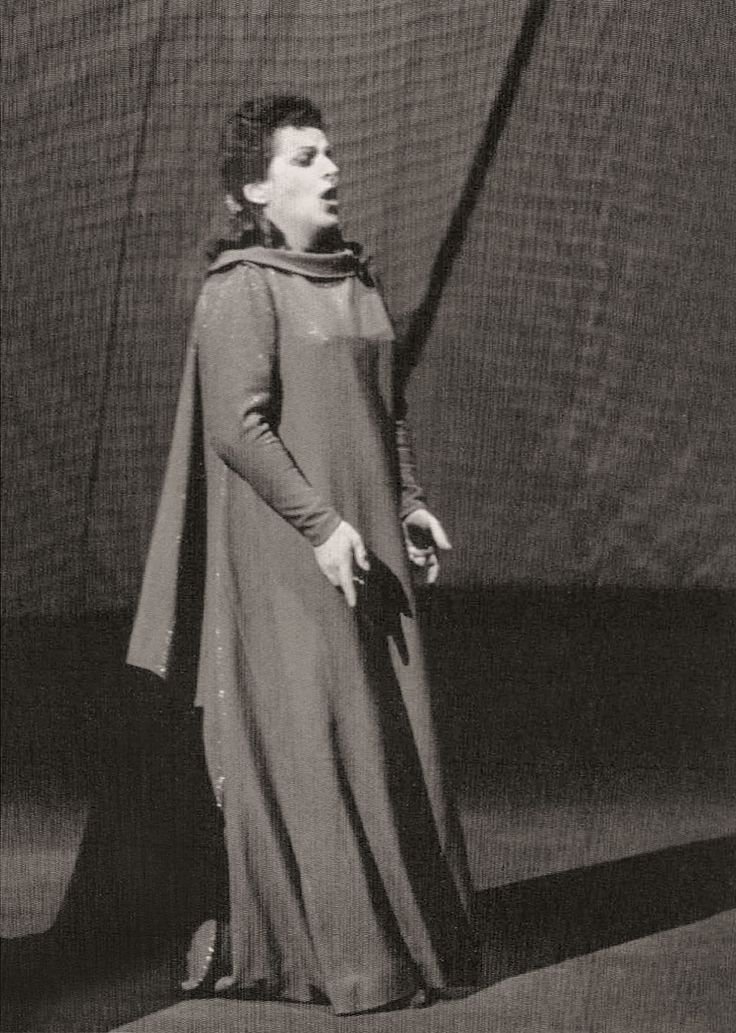Become a member to access the Recording of Conrad L. Osborne speaking on “What’s Happened to Singing Over the Past Century”.
Current members will be emailed the link.
Non-members will receive the link by signing up through the website, where they will be required to pay a $35. access/member fee.
About his presentation, Mr. Osborne observes: “In my lifetime, there have been two fundamental shifts, both negative in their impact, in how opera is performed. One is in theatrical presentation--the rise of laissez-faire re-interpretation of the canon by directors and designers. The other is the indisputable decline in the sheer presence of singing, and in the sense of "authenticity"--let's call it a "true-to-itselfness"--that it conveys. I think these shifts are interconnected, and that it's important to understand that we can't really isolate the singing problem from the directorial one.
“So I will speak briefly about the regie situation, in the hope of making that connection clear. Most of my talk, though, will try to analyze the across-the-board diminishment in effect of classical singing, with some specific observations concerning technique, and others about broader cultural influences. The first step toward improvement is a realistic assessment of the state of affairs.”
There is probably no one more qualified to pursue this topic than Conrad L. Osborne. In his early years, he did a good bit of professional performing, as both singer and actor, and subsequently has taught voice for 55 years. Those experiences, according to him, “really underlie everything else.”
Mr. Osborne’s career is of course legendary, as an opera critic, teacher, singer, actor, performing arts consultant, and acclaimed author.
His first published writings in 1959 were articles and performance reviews for Opera News, and recordings reviews for High Fidelity. Over the years since then, he has written for Musical America, Musical Newsletter, Opus, Keynote and the Sunday New York Times. For several years, he was also the New York music critic for London’s Financial Times, filing a couple of columns per month during the season.
Opera as Opera
The summation of this lifetime of accumulated knowledge, experience and critical exposure to thousands of recorded and live performances, may be found in Osborne’s masterwork, Opera as Opera, The State of the Art. According to the publisher, the author argues that we cannot solve the [current] problem unless we recognize and define it, and that we cannot hope to envision the artform’s future unless we first come to terms with its past. Osborne examines all elements of recent operatic practice as revealed in performance --“Performance,” he declares, “is our text.” He asserts that with renewal of the repertory long at a virtual standstill, we have tried to substitute auteurial production methods and cultural revisionism in its place, with disastrous results.
Accordingly, Opera as Opera, The State of the Art, draws on performances encountered over an eighteen-year period to first analyze styles and techniques of production (direction and design), and then to trace, in copious detail, the developments in the performing disciplines of conducting, singing, and acting that have loosened our connection to the canon. “The masterworks,” it flatly states, “are not before us.”
Glowing reviews of the book from his enthusiastic colleagues are many:
“Without question, the most important book ever written in English about opera in performance . . .a cri de coeur, documenting the devastation of a single precinct of Western high culture in modern and postmodern times. . . It is hardly an exaggeration to suggest that the fate of 21st-century opera partly hinges on the fate of the bristling insights delineated and pondered in this singular megabook.” Joseph Horowitz, The Wall Street Journal.
Not to be overlooked is Mr. Osborne’s career as an arts administrator and consultant, focusing on the challenges of support and development in the arts, particularly classical music. He was five years as an Associate of the Martha Baird Rockefeller Fund for Music. He also served on the boards of two important service organizations, Affiliate Artists and the National Opera Institute; and for several years was under contract to Douglas Richards, Inc., a consulting firm that conducted field studies for the National Endowment for the Arts.
Access to Mr. Osborne’s bi-weekly blog, “Osborne on Opera,”, much more information, and the opportunity to purchase his indispensable book, may be found on Mr. Osborne’s website, www.conradlosborne.com.
Mr. Osborne presented his technical analysis on “The Art of Jussi Björling” in October of 2022 through the JBS-USA Society. Having him join us again to share his insights on this broader operatic topic is an exciting and exceptional opportunity for our Society. The Board of Directors invites you to join us!






